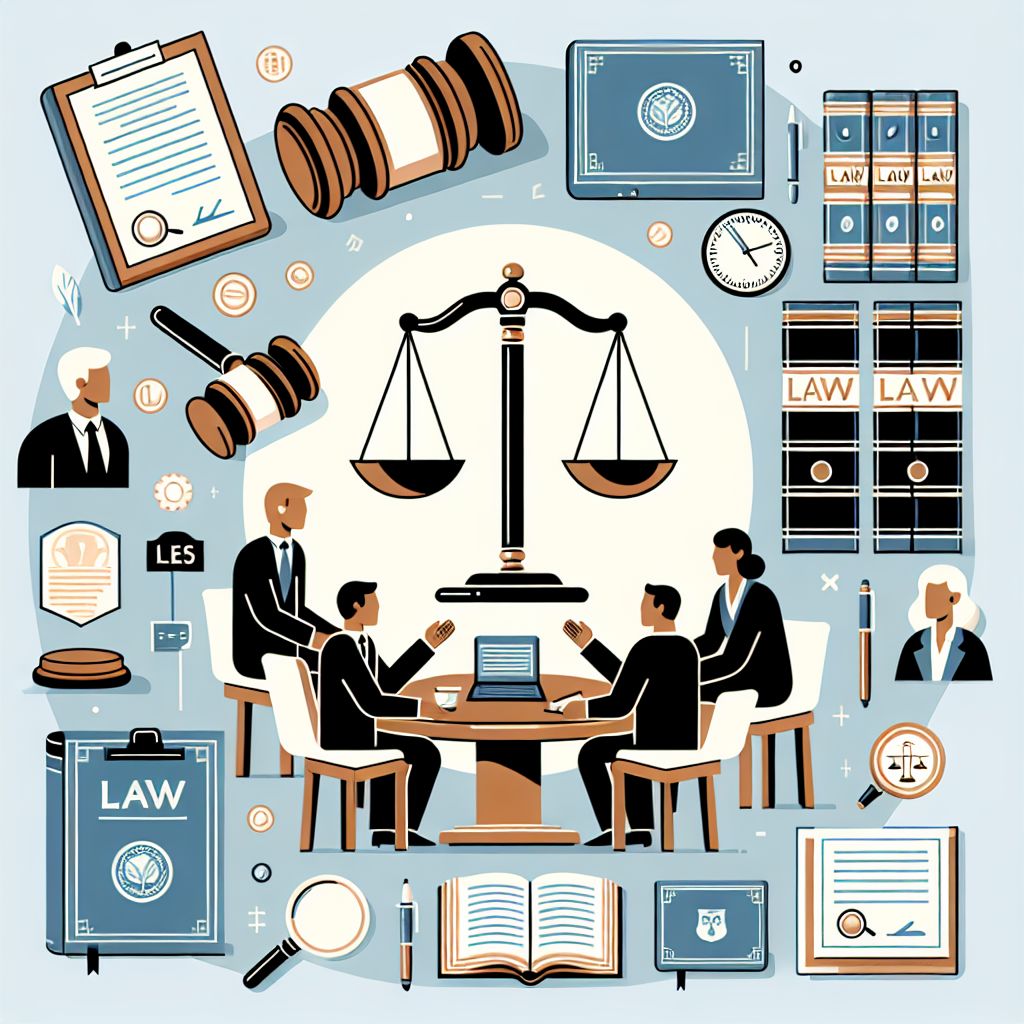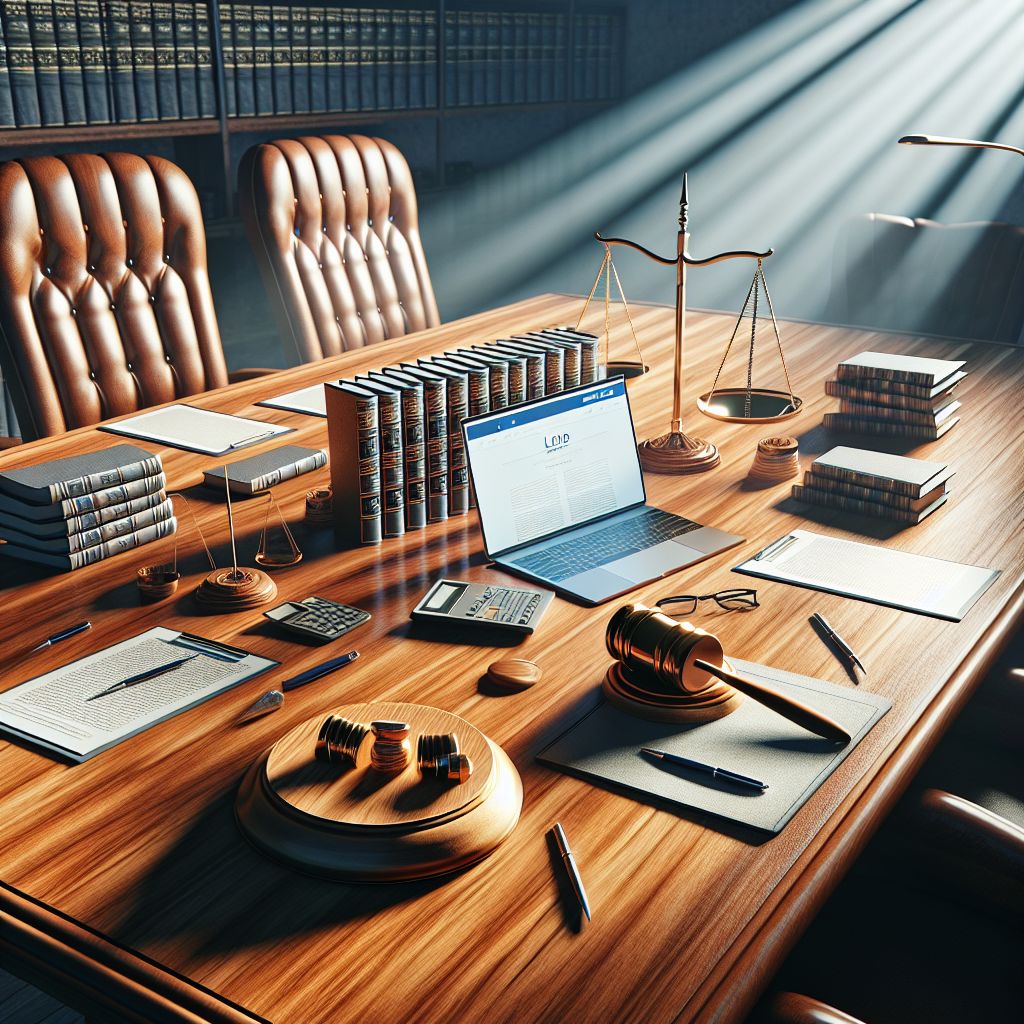Key Takeaways
- Dashcam footage can provide clear evidence of events leading to an injury, reducing disputes.
- High-quality dashcams record crucial details such as speed, location, and the behavior of other drivers.
- Dashcams can act as an unbiased witness in situations where there are no other eyewitnesses.
- Without dashcam footage, injury claims often become “he-said-she-said” situations, complicating legal proceedings.
- Having dashcam footage can expedite insurance claims and potentially increase settlement amounts.
The Role of Dashcams in Injury Cases
Dashcams have become an essential tool in today’s world, especially when it comes to personal injury cases. By recording everything that happens on the road, these devices offer a clear, unbiased account of events that can prove invaluable when determining fault in an accident. In this article, we’ll explore how dashcam footage can strengthen your injury case, potentially saving you time, stress, and money.
What Dashcams Capture
Dashcams are designed to record video and sometimes audio of your drive. They capture everything from traffic signals and road signs to the behavior of other drivers and pedestrians. High-quality dashcams also record details such as speed, time, and location, providing a comprehensive view of the situation.
For example, if another driver runs a red light and causes an accident, your dashcam footage can clearly show the sequence of events leading to the crash. This type of evidence is crucial when making an injury claim, as it provides an objective account that can corroborate your version of the story.
Immediate Benefits of Dashcam Footage
One of the most immediate benefits of having dashcam footage is that it can quickly resolve disputes over who was at fault in an accident. This can be especially important in cases where the other driver denies responsibility or there are no witnesses to the event.
Moreover, dashcam footage can expedite the claims process with insurance companies. When you have clear evidence of the incident, insurers are more likely to settle claims swiftly and favorably, as they have less room to dispute the facts. For more insights on this topic, you can explore what to expect in a personal injury claim.
Why Reliable Evidence is Crucial
In any legal case, reliable evidence is the cornerstone of a successful outcome. This is particularly true in injury cases, where the stakes are high, and the costs can be significant. Dashcam footage provides this reliability by offering a clear and consistent account of events.
Without such evidence, the case often relies on personal testimony, which can be subjective and open to interpretation. Dashcam footage removes this ambiguity, presenting a factual representation of what occurred.
Dashcams as a Witness Substitute
- Dashcams offer an unbiased account of events, free from human error or bias.
- They provide a 24/7 recording of your drive, capturing incidents that might otherwise go unnoticed.
- Dashcam footage can corroborate your testimony, strengthening your case in court.
Imagine a scenario where you’re involved in a minor collision at a busy intersection. There are no witnesses, and the other driver claims you were at fault. Without dashcam footage, this situation could easily devolve into a “he-said-she-said” argument. However, with a dashcam, you have a reliable witness that can clearly show what happened. To further understand how such evidence can support your claims, explore this guide on personal injury claims.
Challenges Without Dashcam Evidence
Without dashcam footage, proving your case can be significantly more challenging. You’re left relying on personal testimony and any available eyewitness accounts, which may not always be accurate or reliable. This can lead to lengthy legal battles and uncertain outcomes.
Utilizing Dashcam Footage for Your Case
Once you have dashcam footage, knowing how to use it effectively in your injury case is crucial. The footage can be a powerful tool, but only if handled correctly. Let’s delve into how you can make the most of this evidence to support your claim.
First, ensure that the footage is clear and unedited. Any signs of tampering or poor quality can diminish its credibility. This means regularly checking your dashcam settings to ensure high-quality recordings. Additionally, back up your footage immediately after an incident to prevent accidental loss.
Example: After a minor accident, Jane immediately backed up her dashcam footage onto her computer and external drive. This precaution ensured she had multiple copies available for her insurance company and legal team.
Having a reliable backup system can make all the difference when you need to present evidence to support your case.
Steps to Preserve Dashcam Evidence
Preserving dashcam evidence is a critical step in ensuring it remains admissible in court. Here are some essential steps to follow:
- Immediately transfer footage to a secure storage device.
- Keep multiple copies in different locations to prevent data loss.
- Label and date the footage for easy retrieval.
By following these steps, you maintain the integrity of your evidence, making it more likely to be accepted in legal proceedings.
Example: Mark, after a collision, labeled his dashcam files with the date and time of the incident, making it easy to access when requested by his attorney.
Organizing your files in this way can save time and ensure you have what you need when it matters most. For instance, having well-organized documentation can be crucial when dealing with personal injury claims.
How to Present Footage in Court
Presenting dashcam footage in court requires careful preparation. The footage must be relevant, clear, and directly related to the incident in question. Begin by working with your legal team to review the footage and select the most compelling segments.
Next, ensure that the footage is presented in a format that the court can easily view. This might mean converting files to a common format or using a laptop to display the video during proceedings. Always check with the court regarding technical requirements ahead of time.
Finally, be prepared to explain the context of the footage. While the video provides visual evidence, your testimony or that of a witness may be needed to clarify certain aspects or to connect the footage to the broader narrative of your case.
Working with Legal Experts
Legal experts can provide invaluable guidance when it comes to using dashcam footage in your injury case. They can help determine the best way to present the footage and advise on any legal challenges that may arise. Moreover, they can help ensure that the footage is used to its full potential, strengthening your overall case.
Effective Dashcam Practices
To get the most out of your dashcam, it’s important to follow some best practices. These will ensure that your dashcam functions correctly and captures the necessary evidence when needed.
From selecting the right dashcam to maintaining it properly, these steps will help you be prepared for any situation that may arise on the road.
Choosing the Right Dashcam
Choosing the right dashcam is the first step to ensuring you have reliable footage. Look for a dashcam with high resolution, night vision capabilities, and a wide-angle lens. These features will help capture clear and comprehensive footage under various conditions.
Proper Installation and Maintenance
Proper installation is crucial to ensure your dashcam captures the best possible footage. Install it in a position that provides an unobstructed view of the road ahead. Regularly check the dashcam’s settings and update its firmware to keep it running smoothly.
Maintenance is equally important. Clean the camera lens regularly and check the storage capacity to ensure you don’t run out of space. Regularly review the footage to ensure the dashcam is functioning correctly.
Regularly Reviewing Footage
Regularly reviewing your dashcam footage can help you catch any issues early. This practice ensures that your dashcam is capturing the footage you need and that you are familiar with how to access and use the footage if necessary.
Real-Life Success Stories
Dashcam footage has been pivotal in many real-life cases, turning the tide in favor of those who had clear evidence to support their claims. These stories demonstrate the power of having reliable video evidence.
Case Study: Sustained Evidence Wins
Consider the case of David, who was involved in a hit-and-run accident. His dashcam captured the entire incident, including the license plate of the fleeing vehicle. With this evidence, the police were able to track down the responsible party, and David successfully claimed damages from the at-fault driver’s insurance company.
This case underscores the importance of having a dashcam and the role it can play in ensuring justice is served.
Lessons From Legal Precedents
Legal precedents have consistently demonstrated the power of dashcam footage in court. In numerous cases, footage has provided the critical evidence needed to sway a judge or jury. For instance, in a landmark case involving a disputed traffic accident, the dashcam footage was instrumental in exonerating a driver wrongly accused of running a red light. The footage clearly showed the light was green, leading to a favorable outcome for the defendant.
These precedents highlight the importance of dashcam footage in providing a factual basis for legal decisions. They also serve as a reminder of the potential for technology to enhance the fairness and accuracy of judicial outcomes.
A Practical Path Forward
Given the proven benefits of dashcam footage, it’s clear that investing in a good-quality dashcam can be a wise decision. Not only does it provide peace of mind while driving, but it also serves as a protective measure in case of an accident. By documenting your journeys, you’re better equipped to handle any legal or insurance-related issues that may arise.
To maximize the benefits of your dashcam, ensure it’s always in good working condition. Regularly check its settings, clean the lens, and update the firmware. These simple maintenance steps can make a significant difference in the quality of footage you capture.
Furthermore, consider sharing your dashcam experiences with friends and family. By spreading awareness of the advantages of dashcams, you can help others make informed decisions about their road safety and legal protection.
Concluding Strategies
To conclude, dashcams offer a practical and effective way to protect yourself on the road. They provide crucial evidence in injury cases, helping to clarify events and support your claims. By following best practices for installation, maintenance, and usage, you can ensure your dashcam is always ready to capture important footage.
Ultimately, the goal is to empower yourself with the tools and knowledge needed to navigate the complexities of legal and insurance claims. A dashcam is a powerful ally in this endeavor, offering clarity and confidence in uncertain situations.
Preparing for Future Incidents
Being prepared for future incidents means being proactive about your safety and legal protection. Invest in a reliable dashcam, familiarize yourself with its features, and regularly review your footage. These steps will help you stay ready for any eventuality on the road, ensuring you have the evidence needed to support your case if an accident occurs. For more insights, you can explore this negligence guide for injury victims to better understand your rights and options.
Frequently Asked Questions
Here are some common questions people have about using dashcams in injury cases. For more insights, you can explore our guide on personal injury claims.
Can dashcam footage be used in court?
Yes, dashcam footage can be used as evidence in court. It provides a clear, objective account of events, which can be crucial in determining fault and supporting your claims. However, the footage must be clear and unaltered to be admissible.
Courts often accept dashcam footage because it offers an unbiased perspective that can corroborate or refute testimonies. Ensure your dashcam is functioning correctly and captures high-quality footage to maximize its effectiveness as evidence.
What are the legal implications of using dashcams?
While dashcams are generally legal to use, there are some considerations to keep in mind. Different jurisdictions may have specific laws regarding audio recording and privacy, so it’s important to familiarize yourself with local regulations.
For example, some areas may require you to inform passengers if the dashcam records audio. Always ensure your dashcam use complies with local laws to avoid any legal complications.
How long should I keep dashcam footage?
It’s advisable to keep dashcam footage for at least a few weeks after an incident, or until any legal or insurance matters are resolved. This ensures you have the necessary evidence on hand if needed.
For non-incident footage, regularly review and delete unnecessary files to free up storage space. However, if an incident occurs, back up the footage immediately to prevent accidental loss.
Does dashcam quality affect its credibility in cases?
Yes, the quality of dashcam footage can significantly impact its credibility in legal cases. High-resolution footage provides clearer details, making it easier to discern critical elements such as license plates, traffic signals, and the behavior of other drivers.
Investing in a high-quality dashcam with features like night vision and a wide-angle lens can enhance the clarity and usefulness of your recordings, ultimately strengthening your case.
Are there any privacy concerns with dashcams?
Privacy concerns with dashcams primarily revolve around audio recording and capturing footage in private areas. While recording in public spaces is generally permissible, recording audio without consent may violate privacy laws in some jurisdictions.
To address these concerns, familiarize yourself with local laws and ensure your dashcam usage complies with privacy regulations. Disabling audio recording or informing passengers of its use can help mitigate potential privacy issues.
By understanding these aspects, you can use your dashcam responsibly and effectively, safeguarding both your legal rights and the privacy of others.






0 Comments